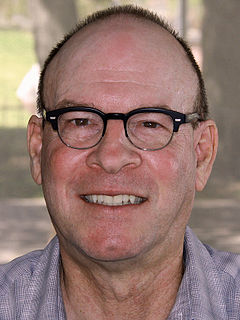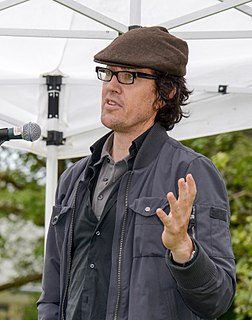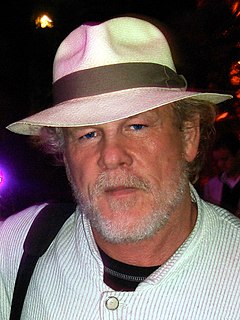A Quote by Adrian Tomine
I intentionally approached each story in 'Killing and Dying' in a different way, and that includes the writing process.
Quote Topics
Related Quotes
A human life has seasons much as the earth has seasons, each time with its own particular beauty and power. And gift. By focusing on springtime and summer, we have turned the natural process of life into a process of loss rather than a process of celebration and appreciation. Life is neither linear nor stagnant. It is movement from mystery to mystery. Just as a year includes autumn and winter, life includes death, not as an opposite but as an integral part of the way life is made.
There's no really other way to learn writing than by writing. So accelerate that as much as you can. The more you write, the better you'll get. What also helps, though, is walking away from broken stuff. Not everything's going to work. Killing two years of your life trying to resuscitate a dying novel, I don't know. Why not just write a different one? You'll have more ideas. You can't help having ideas.
Each story presents a mystery that has to be solved in the process of writing. When I'm at work on a story, I'm completely immersed in that world and in the lives of those characters; they're utterly real to me. Then, when I've completed the story, it all just falls away. The whole compulsion to understand is over.
I fundamentally believe that no one can teach you how to write - finding out how to write a story is part of the process of creating a story - but you can really learn through exposure to different writing, to different art forms, to different modes of storytelling, and with mentors who are able to get you to step outside your comfort zone.
Perhaps if there is anything remotely interesting about my writing style, it is this: more often than not I have no idea what the story is going to be about. Sometimes I have a fuzzy vision, or a glimpse of one scene, or a character. But mostly all I have is a random first sentence, and I follow it to see where it might go. For me, writing is the process of discovery, of gradually figuring out what happens in the story and how it ends, that makes writing an interesting process for me.
Translation is harder, believe it or not. You do have to come up with a story, and actually I'm mystified by that process. I don't exactly know how the story just comes, but it does. But in writing a story that you're inventing, versus writing a story that somebody else has made up - there's a world of difference. In translation you have to get it right, you have to be precise in what you're doing.
It's funny - for a long time, I didn't know I was writing a book. I was writing stories. For me, each story took so long and took so much out of me, that when I finished it, I was like, Oh my gosh, I feel like I've poured everything from myself into this, and then I'd get depressed for a week. And then once I was ready to write a new story, I would want to write about something that was completely different, so I would search for a totally different character with a different set of circumstances.
What I find is that many times when I work with chance, with indeterminacy, I am more open to experience, less prone to a fixed process, and I think it creates a very important challenge. It creates a way of writing that is, in a way, flatter or smooth, a surface conducive to release, to movement. And in this way, the form of writing gets delightfully melded with the process of the writing.



































